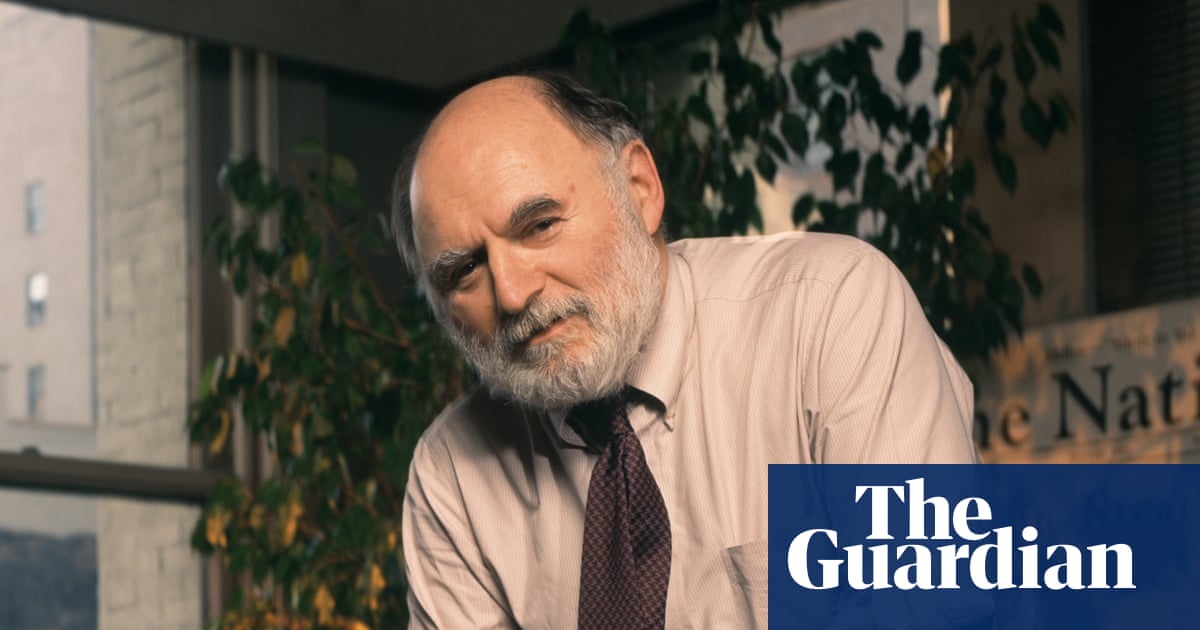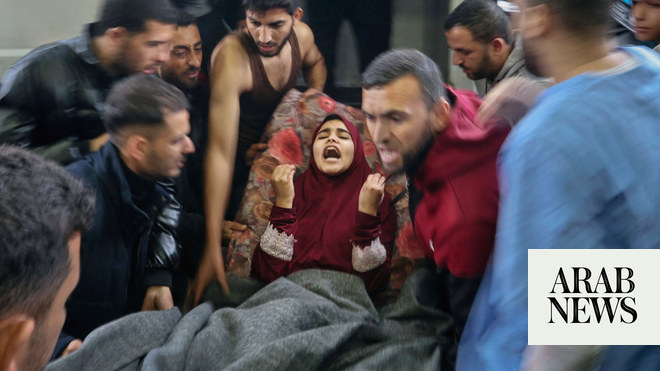
Historian Zaheer Ali reflects on a holy month like no other in Brooklyn, the center of Muslim life in the city for more than a century
Muslims in Brooklyn are celebrating behind closed doors. During a normal Eid, Atlantic Avenue, for example, would be bustling with shoppers
BROOKLYN, New York: Oral historian Zaheer Ali and his mother baked plenty of cakes and wrapped them all up. Then they walked around their neighborhood, dropping off parcels on doorsteps and ringing doorbells to let people know an Eid gift had arrived. When they were finished, they returned to self-isolating at home.
“We are doing the best we can under the most unusual circumstances in a century,” Zaheer said on the phone from his home in Maryland where he has been since last July.
He revealed that his favorite verse in the Holy Qu’ran is from Surah Al-Mujadila, Chapter 58: “Oh ye who believe, when it is said to you ‘make room in your assembly,’ then make room. Allah will give you ample.”
“This verse came at a time when people used to crowd around to hear from the Prophet at his mosque in Madinah,” said Zaheer. “At a certain point, the same people were crowding in front of him and this verse instructs them to make room for newcomers so they, too, could hear.
“For me, being Muslim means making room in our assemblies, room in our lives, for people; making room in our communities for everyone.”
But during this most unusual Eid, where are the assemblies in a city that is one of the worst-affected by the pandemic. With mosques closed and streets empty of revelers, making room for the community has taken on a new meaning.
Muslims in Brooklyn are celebrating behind closed doors. During a normal Eid, Atlantic Avenue, for example, would be bustling with shoppers. Located in a normally thriving Arab district, the street is lined up with Arab restaurants, record stores, and movie theaters showing Arab films. All are currently closed.
Islam has a deep-rooted historical presence in Brooklyn. The borough has one of the oldest mosques in the US, and has been the center of Muslim life in New York for more than a century.
During the waves of immigration in the 20th century, Muslim communities expanded with the arrival of newcomers from Nigeria, Syria, Lebanon, Egypt and Palestine, and then again in the 1980s and 1990s as immigrants fled war-torn countries such as Yemen, Pakistan and Bangladesh. Most settled in Brooklyn.
Each community has its own mosque, which functions as more than simply a spiritual center. Mosques are also cultural hubs, with language, customs, food and styles of dress that are unique to each community.
“Regardless of what people consider their ‘home mosque’ — which is a function of neighborhood segregation, class, culture and racial dynamics within the Muslim community — when it is time for prayer, they go to the mosque closest to them,” said Zaheer, who is founding director of the Muslims in Brooklyn Project at Brooklyn Historical Society.
“And so you will see at a Jumaa prayer the most multicultural expression that you will find at any religious center.”
Martin Luther King described Sunday the most segregated hour in American life, because black and white churches were not integrating their religious practices. In a reversal of this, Zaheer described Friday as the “most integrated” hour in America.
“(Being a Muslim) is not just how I live my life, it is how I live my life in relationship to other people,” he said. “And out of that comes political engagement and a commitment to social justice and equity.”
Despite the fact that Muslims have been forced to remain physically apart this Ramadan, social activism has been thriving, with the young and the socially and politically conscious embracing the technological space. Ideas have circulated among these adept activists. New voices have emerged.
Imam Suhaib Webb’s Instagram account, for example, became a virtual gathering place for spiritually hungry young Muslims. Through the social-media platform they shared their gifts and vulnerabilities, as a way to preserve and nurture connectivity while physically separated.
Another online force during Eid emerged in the form of the “Believers Bailout” volunteers, who took on the prison-industrial complex from the perspective of Muslim ethics and political practices, raising money for incarcerated Muslims who could not afford bail. Sapelo Square, meanwhile, provided an online platform for sharing the stories and experiences of black Muslims.
Some people even found the virtual world to be liberating and more inclusive.
“There are mosques that have not always been seen as welcoming places for everyone,” said Zaheer. “This is felt most acutely among women. Mosques were not designed to accommodate women in an equitable space and so women are often saddled with domestic work and food preparation.
Inside the Moslem Mosque in Williamsburg, one of the oldest in the US. (Photo: Zaheer Ali)
“This year, as mosques have had to put their programming online, with imams conducting web-streamed conversations, that has made these programs more accessible to women. Now everyone has a front-row view of the imam, regardless whether you are a man or a woman.
“This equality in quarantine was experienced also by anyone who has felt estranged from their mosque for various reasons.”
Despite the valuable part the community plays in religious practices, Zaheer believes community rituals can sometimes become mere performances that diminish the deeply spiritual effect on the individual “because you’re doing things with a group of people as opposed to doing them because you’re by yourself.”
He added: “This Ramadan, a lot of people had the experience of waking up and realizing no one is there to see them eat or not eat or break their fast. So if I am fasting, I am definitely doing it for me.
“Therefore, people have had to experience the real, individual value of the spiritual tradition in ways that I think the community side of it sort of drowns out.”
The Muslim community in New York has been disproportionately affected by the pandemic, given that large numbers work in essential services such as health care, transit, grocery stores and delivery services.
“Many have not had the chance to celebrate at home, with the added burden of having to put their lives at risk,” said Zaheer. “Many also did not live to see this Eid.
Inside the Moslem Mosque in Williamsburg, one of the oldest in the US. (Photo: Zaheer Ali)
“Ultimately, we regard people who depart during this month to have been blessed — but that doesn’t alleviate the trauma felt by their loved ones.
“It is a reminder that although (COVID-19) is biological, its impact is very social, and that the causes of this impact are very political and economic, very man-made, exacerbated by decisions that people have made in government and in business.
“But for those who survive, this has been a historic Ramadan, one for the history books. It is a Ramadan during which a lot has been discovered about the community’s vulnerabilities but also its gifts.”











